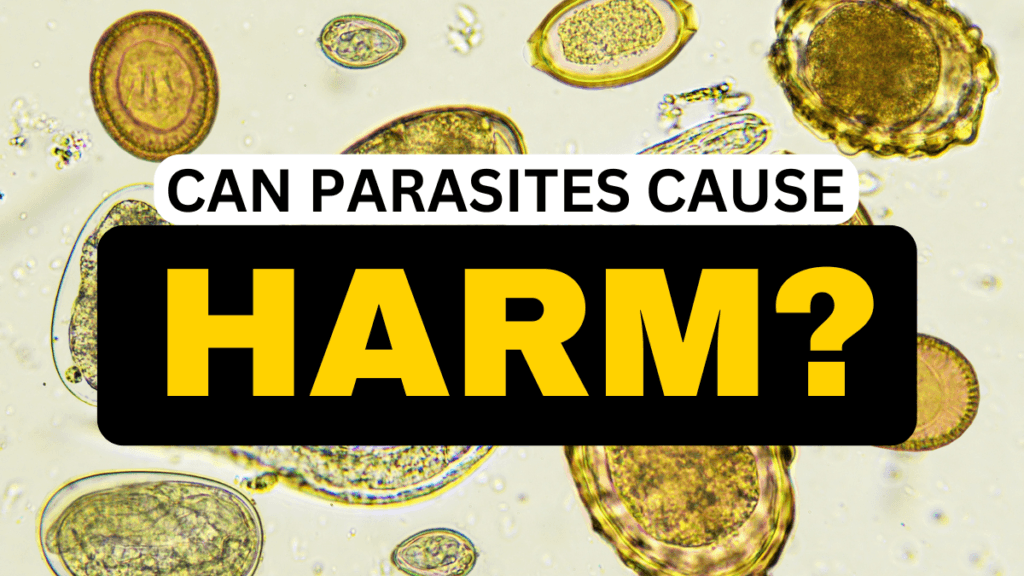The Importance of Deworming Your Pets: 3 Things Every Pet Owner Should Know
The Importance of Deworming Your Pets: 3 Things Every Pet Owner Should Know Facebook Youtube Instagram Table of Contents Deworming Your Pets… Deworming is a crucial aspect of pet care that ensures the health and well-being of your furry friends. Parasites such as worms can cause a range of…
The Importance of Deworming Your Pets: 3 Things Every Pet Owner Should Know
Table of Contents
Deworming Your Pets...
Deworming is a crucial aspect of pet care that ensures the health and well-being of your furry friends. Parasites such as worms can cause a range of health issues, from mild discomfort to severe illness. This article delves into the importance of deworming, the types of worms that commonly affect pets, and the best practices for keeping your pets worm-free.
Why Deworming is Essential
Deworming is necessary because worms can cause serious health problems in pets, including malnutrition, anemia, and intestinal blockages. Infected pets can also spread worms to other animals and humans, making it a public health concern. Regular deworming helps to:
- Maintain your pet’s overall health
- Prevent the spread of parasites
- Protect human family members from zoonotic infections
Common Types of Worms in Pets
There are several types of worms that can infect pets, each with its own set of symptoms and risks:
- Roundworms: These are the most common intestinal parasites in pets. They can cause weight loss, diarrhea, and a pot-bellied appearance in puppies and kittens.
- Hookworms: These small worms attach to the intestinal wall and feed on blood, leading to anemia and weakness.
- Tapeworms: These flat, segmented worms can cause digestive issues and weight loss. Pets usually get tapeworms from fleas.
- Whipworms: These worms reside in the large intestine and can cause severe diarrhea and weight loss.
- Heartworms: Transmitted by mosquitoes, heartworms live in the heart and blood vessels of the lungs. They can be fatal if not treated.
Signs Your Pet May Have Parasites
Worm infestations can sometimes be asymptomatic, but common signs include:
- Visible worms in feces or around the anus
- Vomiting or diarrhea
- Coughing (in the case of heartworms)
- Weight loss despite a normal appetite
- Pot-bellied appearance (especially in puppies)
- Lethargy and weakness
Deworming Schedule
Deworming schedules vary based on the pet’s age, lifestyle, and risk factors. Generally:
- Puppies and Kittens: Start deworming at 2-3 weeks of age and continue every 2 weeks until they are 12 weeks old. Then, monthly until they are 6 months old.
- Adult Dogs and Cats: Deworm every 3-6 months, depending on their risk of exposure.
- Pregnant and Nursing Pets: Deworm before mating, during pregnancy, and while nursing to prevent transmission to offspring.

Types of Dewormers
There are several types of deworming medications, including:
- Oral Medications: Pills, chewables, or liquids that you administer to your pet.
- Topical Treatments: Applied to the skin, these treatments are absorbed into the bloodstream.
- Injectable Medications: Administered by a veterinarian, these are often used for heartworms.
How do Pets Get Parasites?
Pets can get parasites through various ways, depending on the type of parasite and the pet’s environment. Here are some common ways pets can acquire parasites:
1. Ingestion of Contaminated Food or Water
- Tapeworms and Roundworms: Pets can ingest these parasites by eating infected animals, such as rodents, or consuming contaminated food and water.
2. Flea and Tick Bites
- Tapeworms: Pets can get tapeworms by swallowing infected fleas during grooming.
- Tick-Borne Parasites: Ticks can transmit parasites like Babesia or Ehrlichia when they bite and feed on a pet’s blood.
3. Mosquito Bites
- Heartworms: Mosquitoes transmit heartworm larvae to pets when they bite.
4. Contact with Contaminated Soil or Feces
- Hookworms and Roundworms: Pets can pick up these parasites by walking on or digging in contaminated soil, then licking their paws.
- Whipworms: Pets can ingest whipworm eggs from contaminated soil or feces.
5. Direct Contact with Infected Animals
- Mites and Lice: These external parasites can spread through direct contact with an infected animal.
6. Mother to Offspring
- Transplacental and Transmammary Transmission: Puppies and kittens can acquire parasites like roundworms and hookworms from their mother during pregnancy or through nursing.
7. Ingesting Intermediate Hosts
- Flukes and Some Tapeworms: Pets can become infected by eating intermediate hosts like snails, slugs, or small mammals that carry the larval stages of these parasites.
8. Poor Hygiene and Sanitation
- Various Parasites: Poor sanitation in living environments can lead to a higher risk of parasite infestation. Regular cleaning and proper waste disposal are crucial in preventing parasite transmission.
Best Practices for Deworming Pets
- Consult Your Vet: Always consult with your veterinarian to determine the best deworming schedule and medication for your pet.
- Follow Instructions: Administer the medication exactly as prescribed to ensure effectiveness.
- Maintain Hygiene: Clean up after your pet promptly to prevent the spread of worms.
- Regular Check-ups: Have your pet’s stool checked regularly for parasites.
Recommended Products
Here are three recommended products available on Amazon:
- Bayer Quad Dewormer for Dogs: A broad-spectrum dewormer that treats roundworms, hookworms, tapeworms, and whipworms. It’s easy to administer with beef-flavored chewable tablets.
- Dewormer for Cats: An effective treatment for roundworms in cats. The liquid formula is easy to mix with your cat’s food.
- Heartgard Plus Chewables: Prevents heartworm disease and treats hookworms and roundworms. The beef-flavored chewables are highly palatable.
Deworming is an essential part of maintaining your pet’s health and preventing the spread of parasites. By understanding the types of worms, recognizing the signs of infection, and following a regular deworming schedule, you can ensure your pets stay healthy and happy. Always consult with your veterinarian for the best advice and treatment options tailored to your pet’s needs.
This page contains products we recommend on Amazon. We are an affiliate member of the Amazon Associates Program. If you make a purchase using one of our links, you are helping to support our endeavors. We may receive a commission. Thank you for your support.
deworming your pets deworming your pets deworming your pets deworming your pets







